Taylor Swift is inescapable right now. Whether or not you’ve listened to her newly released seventh studio album “Lover”, you’ve likely seen her name in the headlines recently. Swift is currently riding high on the success of her latest album, which quickly shot to the number one position, eclipsing every other album released this year on its first day of sales alone. She also took home three MTV Video Music Awards this week, further cementing the critical and social success of her political anthem “You Need to Calm Down.” While Swift is buzzing with accolades at the moment, she’s been making noise within the music industry for very different reasons over the past few months. As we discussed in July, Swift was dealt a major blow when her former record label — Big Machine Records — was sold to her nemesis Scooter Braun. As part of the sale, Braun now owns the rights to the master recordings from Swift’s six previous studio albums, giving him nearly complete control over how Swift’s music can be used and sold in the future. Obviously, Swift was none too pleased about this transaction and — although she’s busy promoting her new album — she has, supposedly, also come up with a plan to regain control over her older material.
In an interview with CBS This Morning last week, Swift let it slip that following the sale of her masters, she’s decided to re-record her entire catalogue of music starting as early as next year. This surprise announcement left many in the industry scratching their heads. Was she serious? Would doing so actually present a loophole allowing Swift control over these songs? Many conceded that Swift’s plan was nothing more than a plot to generate attention for “Lover” — the first album Swift will maintain full ownership of. However, with Swift having announced November 2020 as the proposed start date of the recording sessions, some industry insiders were left under the impression that Swift is wholeheartedly planning on going through with what will surely be an arduous process.
It’s understandable that Swift would want to do anything she possibly can to have control and ownership over her music. In recent years — culminating with the sale of her master recordings — she’s made it clear, in a variety of ways, how important artists’ rights are in regard to the sale and use of their music. As one of the biggest pop stars in the world, Swift used her power to negotiate a deal with Universal upon leaving Big Machine Records that grants her full ownership of her master recordings starting with her most recent album “Lover.” Furthermore, the deal states that all other artists on the label would benefit from the label’s sale of their shares in Spotify, even to artists who are “in the red” with the label. This is something not many artists can negotiate for, and Swift has been extremely vocal and used her star power to petition for an increase in artists’ rights throughout the music industry — all the way from the politics of owning master recordings to unfair practices of streaming music revenue distribution. So then, it isn’t that outlandish to assume that Swift will follow through on her promise to re-record her music if it allows her more control over the music and how it is used. However, the process may not be as cut and dry as Swift has made it seem.
Swift’s previous contract with Big Machine apparently allows her to re-record songs after a set period of time. Although she is legally entitled to re-record her music, she cannot use any of the original production or artwork. The industry standard for re-recording clauses is “two years following the expiration of the agreement or five years after the commercial release.” With Swift’s contract with Big Machine supposedly set to expire in 2020, this means that it could still take close to a decade before a re-recorded version of “Look What You Made Me Do” from her last album “reputation” surfaces. Setting aside contractual logistics, this process is also sure to be a long and expensive one. Although Swift won’t need to ask for permission from anyone to re-record the songs, seeing as she is listed as principal writer on every song from every album, she will still need to pay a licencing fee to Big Machine Records for each song. Furthermore, she may need to be careful about how the songs are produced, as it’s likely that her previous contract includes an “original production clause” that would prohibit her from directly copying the original versions of the songs. There’s also the consideration of Swift’s image, which currently does not line up with her older material and could make for an awkward listening experience. This process is also sure to undercut Swift’s new home at Universal and their assets — which they surely aren’t thrilled about after providing Swift with a great deal on her new contract. Still, even if these roadblocks didn’t exist, it’s not as if Swift needs the money from the use of her older material, as she’s making more now than she ever has through album sales and sold-out worldwide stadium tours. So then, why bother? It seems the answer may just be as simple as a petty revenge tactic — and Swift wouldn’t be the first artist to use said tactic.
Following a long-standing dispute with Universal over digital royalty rates, Def Leppard prohibited the label from using their music for anything other than physical products, and then re-recorded their old hits for use on streaming services that provided them with 70% of the overall digital revenue. Similarly, Prince re-recorded some of his most beloved songs before he was able to regain complete control over his masters. Still, although these cases represent top-selling acts, their label feuds are hardly remembered. While Rolling Stone has pointed out ways in which Swift could make the project more interesting — adding new lyrics, including guest appearances and duets — it is likely that in a short amount of time, the only person left caring about this beef will be Swift herself.
Swift has had a longstanding feud with Scooter Braun as well as two of his biggest clients, Kanye West and Justin Bieber. In re-recording her songs, Swift will ostensibly take value away from the master recordings that Braun now owns and provide herself with the leverage needed to control how the music is used in the future. Given that Swift’s new deal with Universal gives her ownership of whatever she records, re-recording her old material would give her the copyright to the new versions, meaning licensees could go through Swift and her team to use the music instead of through Braun. Although the consensus among industry insiders is that the process is not worth the trouble, the only person who can clearly make that call is Swift herself. As Prince said in 1996, “if you don’t own your masters, your master owns you.” It seems that Swift has taken this message to heart, and will do whatever she can to be as independent as possible in an industry that has tried to contain and define her for the past decade.


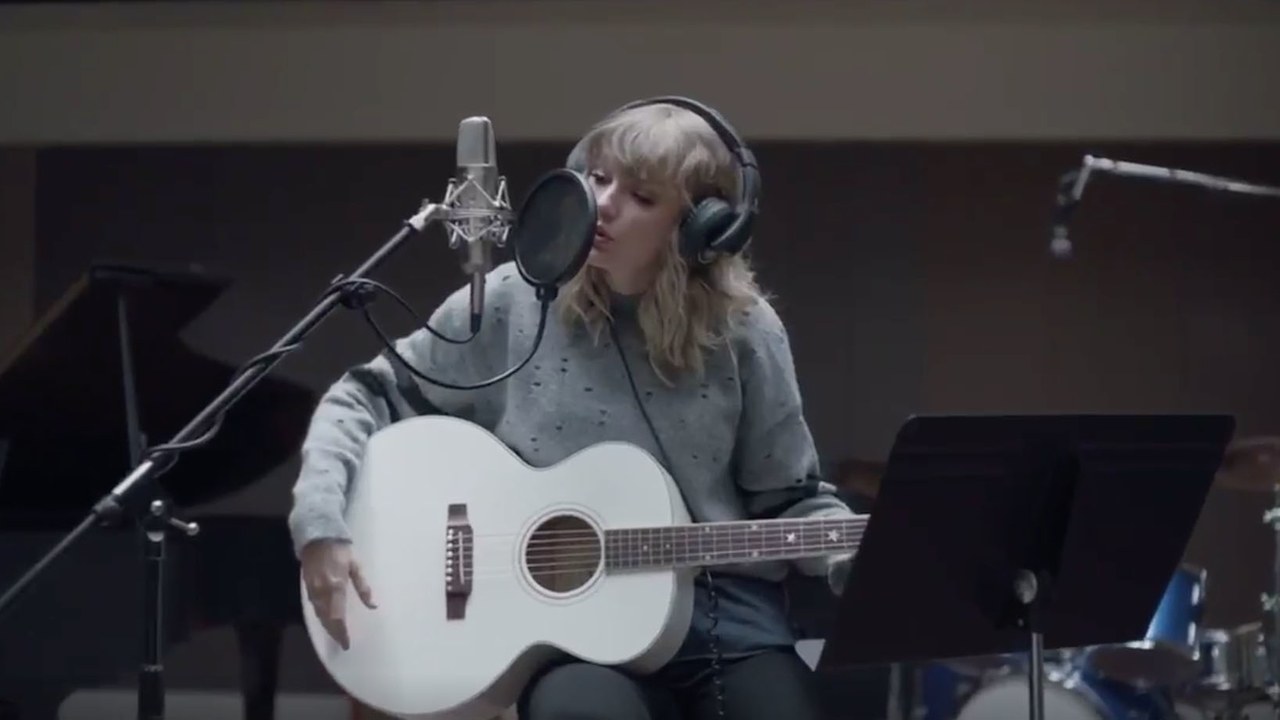
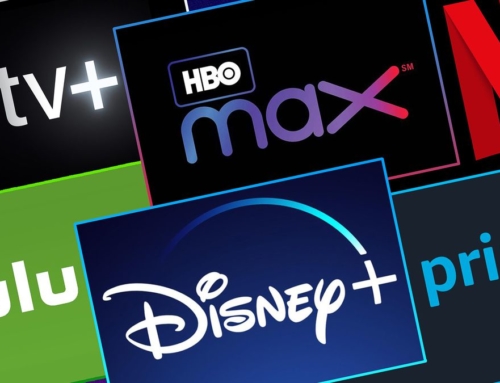
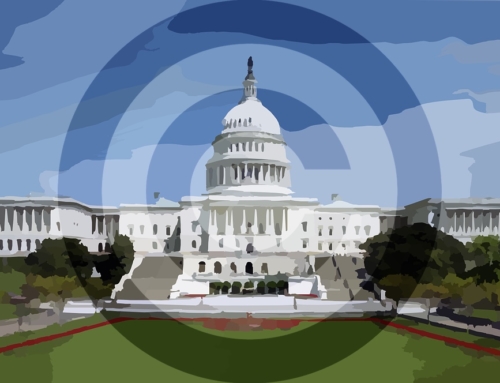
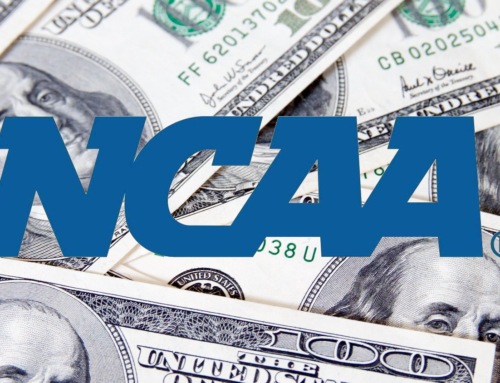

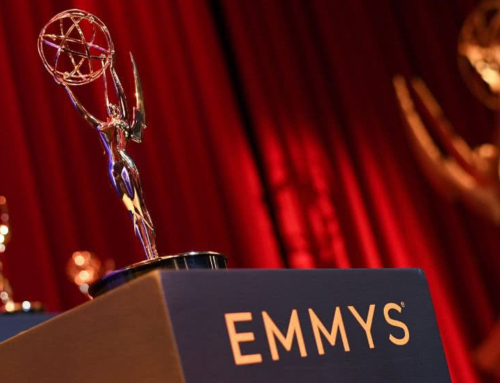



Leave A Comment
You must be logged in to post a comment.